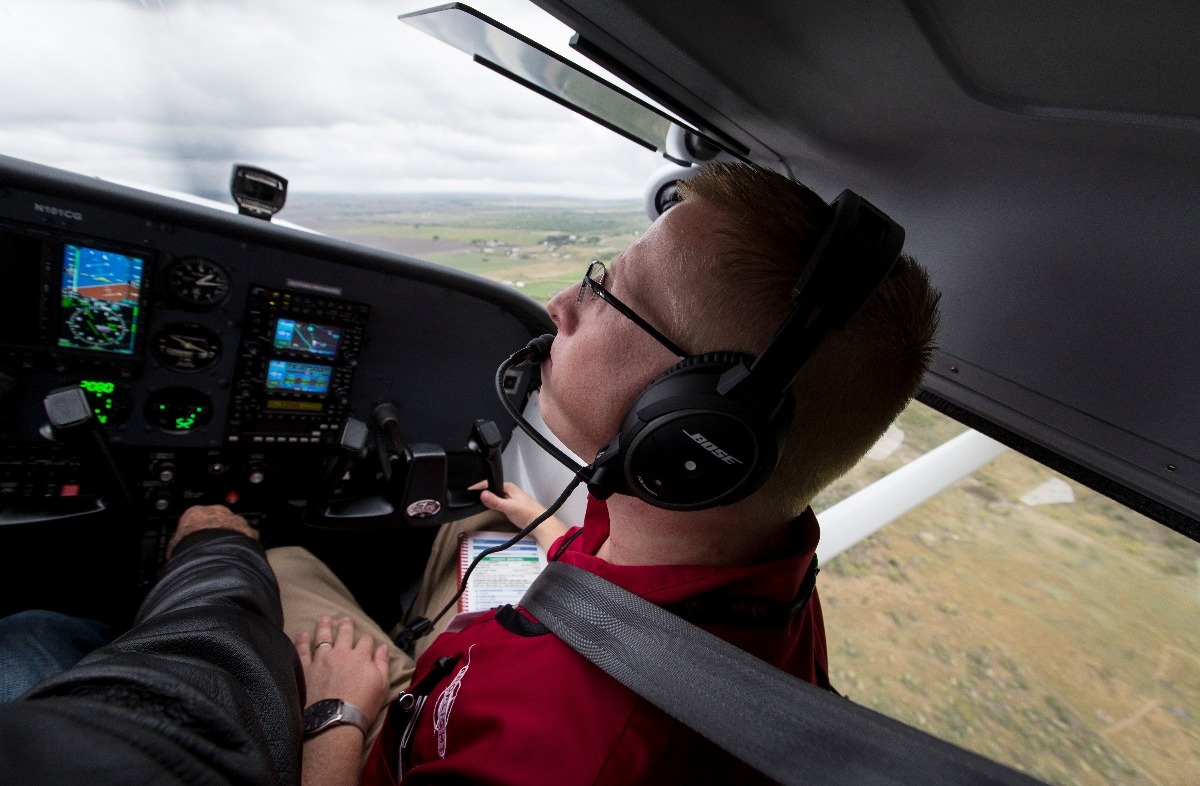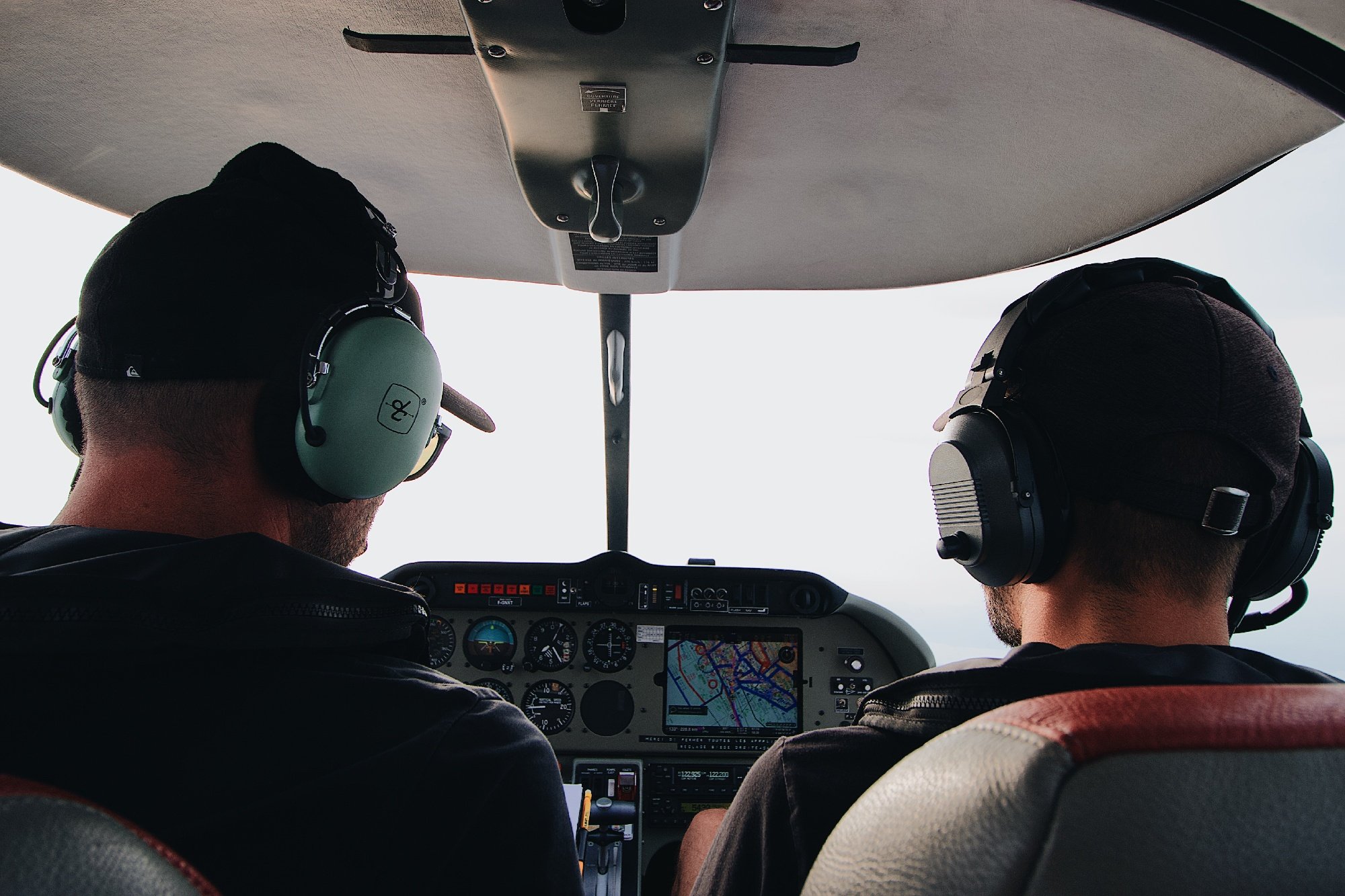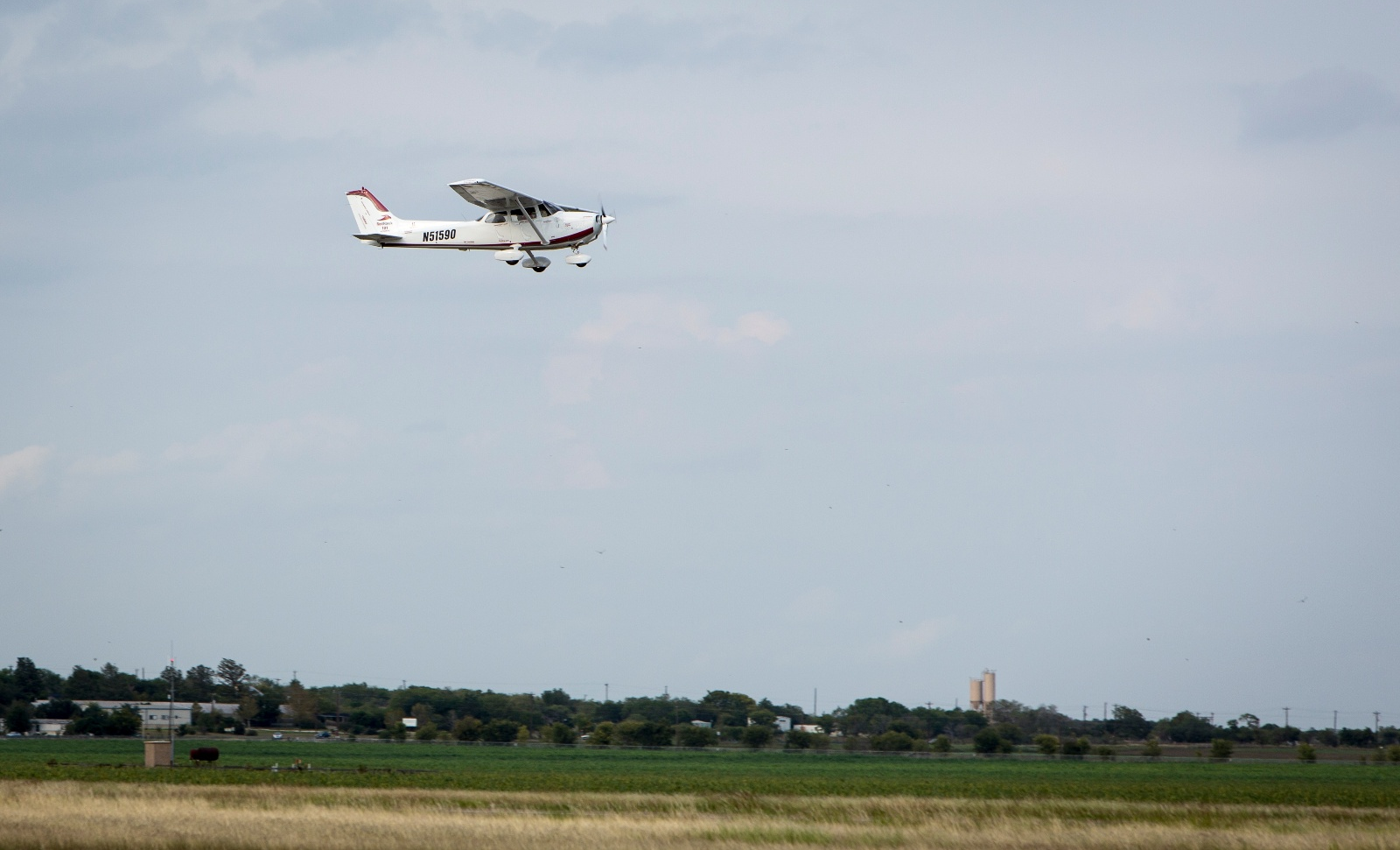Are You Ready for Your Checkride?
As a student pilot, preparing for an FAA practical exam felt like boiling the ocean. Despite having the Airman Certification Standards on hand, which were supposed to guide my preparation, tales from my classmates of check pilots going off-script and 'gotchas' that caused them to fail their checkrides signaled to me that everything was on the table. It was like I was unwittingly part of a system and didn't know the rules.
What's more, the duration of flight training meant that all the early guiding principles my flight instructors told me at the start were already through one ear and out the other. There's no other way to say it: Checkride prep felt like a swing for the fences.
When I became an instructor, I made it my mantra to do all I could to save my students from that rotten feeling of the unknown. As I discovered, many instructors focus a lot of energy on training and not enough on checkride preparation. After all, with the many employment opportunities available to pilots with the requisite hours, CFIs may not stick around long enough to see their students through to the practical test.
Even if they do, they may not equip their students with a game plan. As the great inventor Benjamin Franklin said, "By failing to plan, you are preparing to fail."
How do you plan for checkride day?
It starts with the knowledge and skills you must demonstrate at the end of your course. As a learner, I had the bad habit of being satisfied with occasionally lucking out on a maneuver, knowing that if I had to do it over, I might not display the same results consistently. My instructors were satisfied with the status quo and moved me along in my training. They may have meant well, but they didn't encourage good habits.
When I became an instructor and understood the principles of mastery and being in control of the airplane, I realized that performing the maneuver once on a good day was not enough. Learners need to be able to adjust their technique for the changing environment, be it weather or traffic. They need to demonstrate how they might do a procedure at different power settings and even be comfortable discussing the nuances of varying power and pitch inputs while they perform it. Colloquially, they need to walk and chew gum at the same time.
In the long run, successfully completing a practical test is the easy part; being thoroughly ahead of the airplane is the real goal. So, how do you achieve this?
The role of the flight instructor
A big part of it is having the right instructor. Unfortunately, making that determination can be tricky to pin down as a learner because you don't know what you don't know. As a matter of certification, you expect that all instructors demonstrate the same level of proficiency as one another, but that isn't so. Instructors bring varying experiences to the job and their own habits they developed in training.
As such, you need to ask around before you pair up with someone who will shape your habits and career from that point on. That means talking to their former students and, if possible, sitting in on one of their training sessions to see how thorough they are giving instruction. You will be able to see if an instructor can adjust to each student's performance and show mastery of the procedures to the point that you better understand the thinking behind how the FAA writes the training manuals in the first place.
The role of the learner
However, after you find the right instructor, you must do your part to practice astutely, even if it includes chair flying in front of a poster or working through an entire flight profile in a flight simulator. If you do the individual work that you know is required to perform well independently, you will have a better chance of improving your skills in training and being checkride ready sooner than later.
The other phase of checkride readiness is knowledge prep. Reading back instructions might work great in the airplane, but that won't cut it on the ground. Proficiency in the required knowledge areas comes from teaching them to someone else. There are no shortcuts to this phase.
You must do what is essential for your context instead of what others might suggest, finding the mental frameworks and analogies that help you understand or remember certain principles. Developing this habit will follow you for life and help you continue learning.
Being checkride ready doesn't mean doing the minimum to get by or hoping you're lucky with the designated pilot examiner or check pilot. For your benefit, do the extra work to master each topic and procedure you are required to complete, and then work even harder to outperform the minimum. Master pilots always find a way to raise their performance standards.
Share this
You May Also Like
These Related Articles

How To Choose a Flight Instructor

Simplify Your Instrument Rating by Mastering These 6 Tasks
